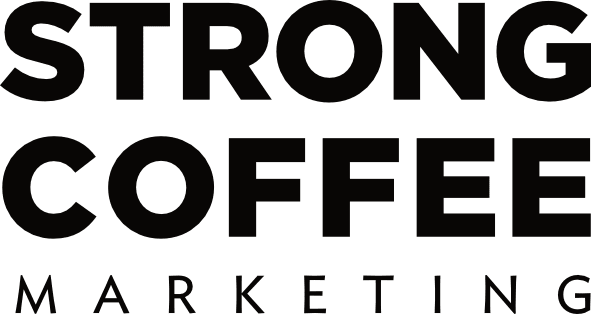 If you’ve ever run an ad campaign using Google Adwords, you would have likely seen a field stating your Quality Score beside the keywords you’ve chosen. Or better yet, had an ad not show/get denied due to a poor quality score. Quality Score is your friend, the better your score, the more Google rewards you.
If you’ve ever run an ad campaign using Google Adwords, you would have likely seen a field stating your Quality Score beside the keywords you’ve chosen. Or better yet, had an ad not show/get denied due to a poor quality score. Quality Score is your friend, the better your score, the more Google rewards you.
Let me show you how it works:
A quality score is Google’s way of assessing the relevancy of your ad, your keywords and the website you’re sending your clickers to. It’s a ranking out of 10. It’s a complicated formula that Google keeps under lock and key. Google Adwords uses your quality score as way to gauge the positioning of your ad versus your competitions. Here’s how it works.
Position = Cost Per Click x Quality Score
So what does this mean? Well, let’s say for example that you have a specific keyword that’s ranking in the average quality score range – let’s say 7. Each click on this keyword is costing you $1. Your competition is also after the same keyword, yet their quality score is a 5. To get the same positioning as you, they would have to pay $1.40 per click.
When you look at the math, the formula becomes clear.
Your ad: $1 (CPC) x 7 (Quality Score) = 7
Your competition’s ad: $1.40 (CPC) x 5 (Quality Score) = 7
Ultimately, Google rewards you with a lower CPC because the keywords you’re targeting are deemed more relevant based on Google’s algorithm. The more relevant your keywords are to your ads and your landing page – the cheaper you will pay for clicks, and the better positioning you will get.
What does this mean to you?
Take a look at your Adwords campaign – if you have quality scores in the 2-5 range. Dump those keywords and stick to the ones deemed most relevant. Those 2-5 range quality scores are likely driving your budget up for useless clicks.
Recent Posts
Navigating the Digital Buying Cycle: Strategies for Modern Consumers
In today’s fast-paced world, where information is just a tap away, the buying cycle has transformed dramatically. Gone are the days when consumers...
Digital Marketing Strategies in the Off-Season
Ah, the off-season. For some businesses, it’s a time to kick back, relax, and sip on a well-deserved latte. For others, it’s a...
How ChatGPT is Transforming Online Search Behaviour
In the ever-evolving landscape of digital information, the way we search for answers is undergoing a seismic shift. We got used to searching...



